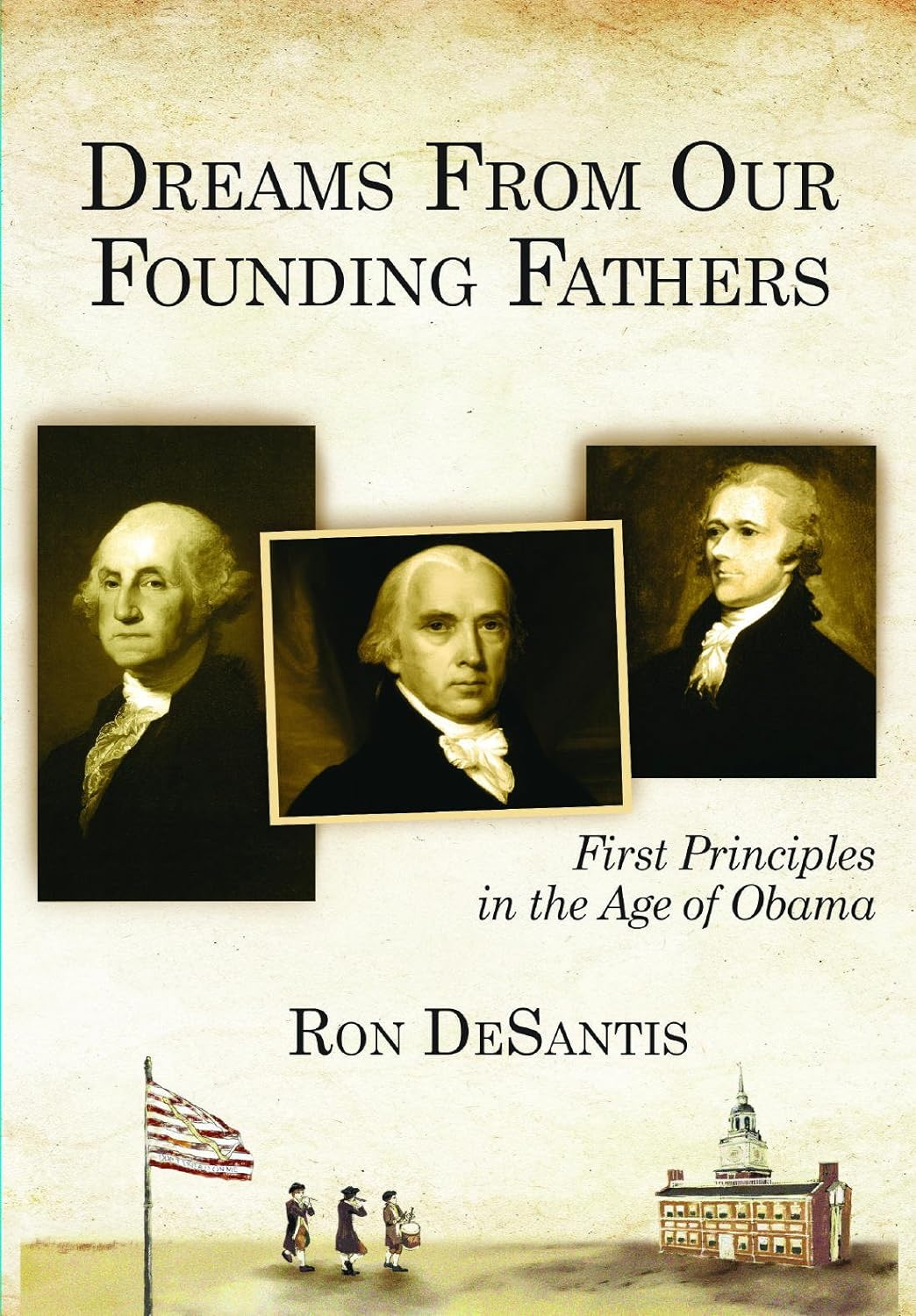DeSantis repeatedly skewers Democratic legislators for not knowing their constitutional clauses and, worse, for misconstruing an admirably clear set of guidelines the Founders laid out for limits on government. Like the demagogues of the 1780s that Federalists such as Madison and Hamilton saved us from, he writes, Democrats always want to “vote themselves the property of others.” Hamilton, by contrast, pushed for true “national greatness, not redistributive change.”
But the most revealing and consequential element of his book is not so much his drawing of a straight line from the founding precedents to the Tea Party movement’s dissent over big government. It’s rather how his entire reading of American history is enveloped in both unquestioning fealty to the Founders and an insistence that the role of slavery, and race more broadly, in that history does not seriously change anything about how we should understand the birth and development of our country. For Obama and his teachers, the problem of slavery exemplified the need to adapt and improve the Constitution. For DeSantis, would-be reformers who misunderstand the role of slavery in our history are themselves the root of the problem in our politics.
While DeSantis admits grudgingly that Obama embodied a major advance in “breaking the presidential color barrier,” he insists that even past leaders who promoted necessary change—such as emancipation and civil rights—embraced “conservative change … often explicitly invoking the Founding Fathers.” He then selectively quotes Martin Luther King Jr.’s “I Have a Dream” speech about cashing the “promissory note” of the Declaration of Independence, contrasting MLK’s words with those of Obama and Thurgood Marshall in their critiques of the Founders’ exclusions and imperfections.
To turn Thurgood Marshall, the civil-rights lawyer and Supreme Court justice, into an ideological radical in contrast to MLK takes some doing. Not as much, though, as is required by DeSantis’s insistence that Chief Justice Roger Taney’s Dred Scott decision of 1857 is the signal example in American history of an activist judge ignoring fealty to the letter of the law and being guided instead by his own racist beliefs. There is a consensus among historians and legal scholars that Dred Scott v. Sandford, which turned on the question of whether a fugitive slave could sue for his freedom after he crossed into a free state, was wrongly decided, because Taney declared that African Americans could not be considered citizens. They had in fact been voting citizens in numerous states. DeSantis wants to distance himself and the Constitution from Taney’s obvious and decisive hatefulness. So he doesn’t mention that the entire logic of Taney’s willful forgetting of statutory laws rested on his insistence that the Founding Fathers never could have meant for there to be any kind of racial equality. In other words, Taney made a politically conservative, notably partisan decision precisely on his interpretation of the Founders’ intent. It was originalist to the core: the original originalism, where gut feelings about what the Founders thought and wanted trumped actual state laws. DeSantis can’t see, or won’t admit, that it is often originalism that is selective with evidence.
